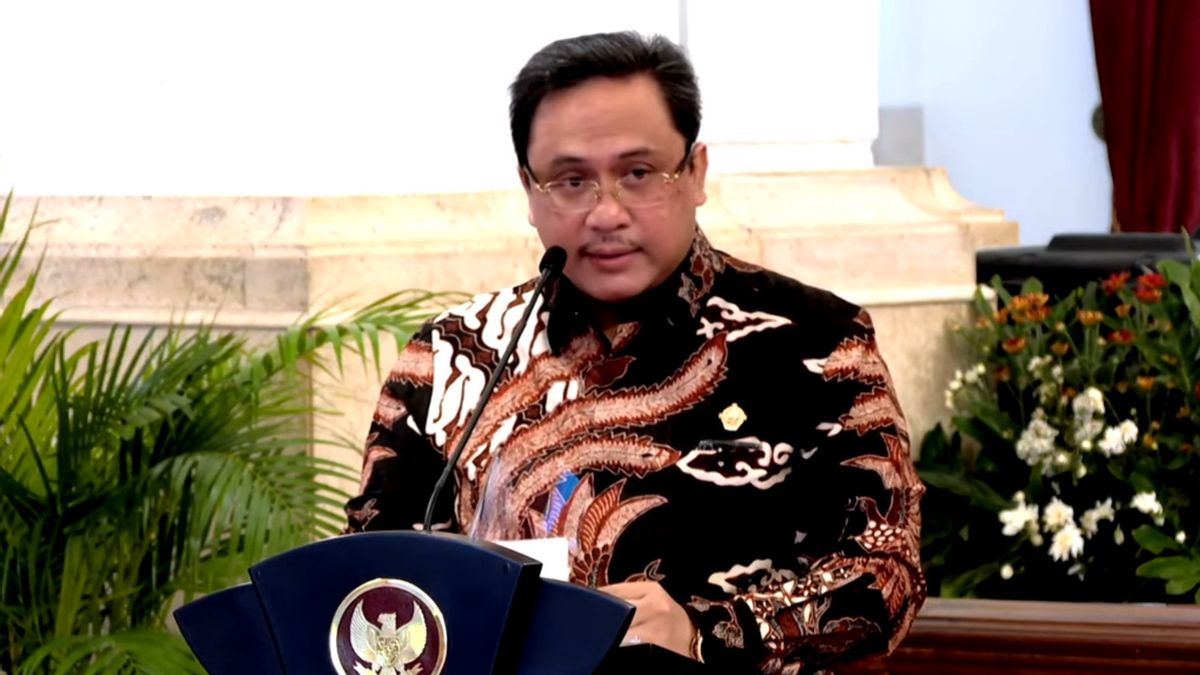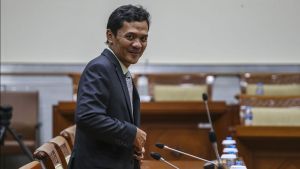JAKARTA - The handling of the COVID-19 pandemic and its impact on the economy requires the government to spend a large budget. Therefore, the Financial Audit Agency (BPK) will examine the management and responsibility of state finances related to such handling.
Chairman of the BPK Agung Firman Sampurna said that the government has internally supervised and even oversaw the implementation of handling the COVID-19 pandemic, especially the national economic recovery and its impacts.
However, said Agung, to ensure that the handling and economic recovery is carried out with transparent, accountable and effective governance, a comprehensive examination of the management and accountability of state finances is needed.
Furthermore, Agung said, in the last 3 months, all state financial auditors at BPK have intensively collected data and information related to the object of the audit to be carried out. BPK has also conducted in-depth studies related to the types of audit objectives and programs.
"The scale of governance problems covered in this examination will be so broad. So that it is likened to a universe audit. Where this examination is carried out by first carrying out an in-depth identification and risk assessment," Agung said in a video conference, Tuesday, 8 September.
Agung explained, the inspection procedure will be made according to the design of the emergency. This allows the president as head of state to receive regular information on the progress of the examination every month.
According to Agung, whatever efforts are made by the government to overcome the problems caused by the COVID-19 pandemic, they must not override the principles of good governance. Transparency and accountability must still be carried out even in pandemic conditions.
"Under any circumstances, we all have to obey the principles of legislation," he said.
In addition, Agung said that his party appreciated the government's response in dealing with the COVID-19 pandemic. A number of policies were issued to address health and economic problems. However, he said, in its implementation a number of problems arose. This is what underlies the audits conducted by BPK.
"For example, on the one hand, at the macro level, there are indications of a contraction in government spending. Even though at the same time the government is pushing for budget execution in order to restrain the pace of the economic slowdown," he said.
Agung admitted that he could not confirm that the problem was related to budget governance or the complexity of procedures. According to him, this problem could also be caused by the government's fiscal capacity.
"Or is it because the budget execution begins with the issuance of a DIPA (Budget Implementation List)? Or is there a problem with the fiscal capacity currently being managed by the government? Everything can only be answered through examination," he said.
The problem of governance in handling a pandemic, said Agung, is not only a matter of budgeting and implementation. At an early stage, governance issues relate to addressing health at the center of social safety net programs. However, this problem becomes long and complex.
The BPK, said Agung, really understands all the attitudes and policies of the government. However, the BPK still has to take a stand regarding the risks that arise in every crisis.
"Empirical evidence shows that the crisis is an easy target for stowaways who commit fraud by taking advantage of the emergency situation," he said.
The English, Chinese, Japanese, Arabic, and French versions are automatically generated by the AI. So there may still be inaccuracies in translating, please always see Indonesian as our main language. (system supported by DigitalSiber.id)













